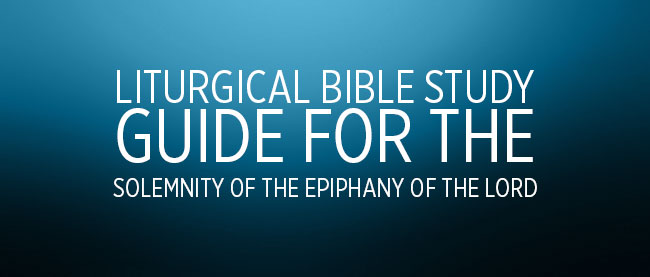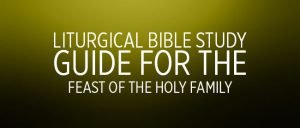Introduction
Epiphany means revelation or manifestation. Epiphany was originally an Eastern Church celebration. It was originally and primarily a celebration of baptism, the first Epiphany or manifestation. As the celebration moved westward, it took on the meaning of the revelation of Jesus to the Gentiles. The central point of this celebration is that God’s salvation is intended not only for the people of Israel, but for all people.
Epiphany is now celebrated as the 12th day of Christmas and its celebration seems to predate the celebration of Christmas itself. The Greek word “epiphany”, meaning manifestation or appearance was used most often in ancient times to describe the king or ruler “showing himself” before the people of the nation. During epiphany we see how God epiphanies Himself through Jesus. It is the people of God empowered with the gifts of the Holy Spirit who reveal the risen Christ to the world through acts of creation, love, healing, and liberation. We of the Church are called to be an ever-unfolding epiphany of God’s love and power to the dark world seeking desperately for such epiphanies.
The 12th night is a familiar title of a Shakespearian play and comes from European heritage where 12th night parish parties are (or were) celebrated. These parties have carried over into the Mardi Gras tradition. During the party, at the appointed time, the king cake is brought out. Hidden in the cake are three beans or coins. Those who find the
“prizes” are crowned kings or queens for the evening. While the “royalty” are being outfitted for their office, the Christmas tree is stripped of all ornaments (German Lutherans call this “plundering the tree”). The tree is removed from the room and saved for the Lenten season when it is stripped of its branches and made into a processional cross.
Tradition also celebrates the arrival of the wise men at this time.
1st Reading – Isaiah 60:1-6
Today’s Old Testament reading is one of Isaiah’s “Songs of the First Return” which are a lyrical description of the new Jerusalem as Israel is gathered from different places and restored.
2nd Reading – Ephesians 3:2-3a, 5-6
Our second reading was written while Paul was in prison (verses 4:1; 6:20). “Prisoner” is a title of honor, a distinction that the preacher has gained for having borne witness to the truth. It is the mark of a true apostle (2 Corinthians 11:23; 6:4-5; Luke 21:12).
Gospel – Matthew 2:1-12
Today’s Gospel reading has been called “The Worship of the Magi”. Matthew and Luke both have accounts of the conception and birth of Jesus and some of the incidents that followed the birth. Neither Mark nor John address this period in Jesus’ life. Matthew’s version is greatly affected by the use of Old Testament texts. The magi seek a king, and Herod consults the religious experts of Judaism to find out where they should look. Of this there is no doubt, they should look not in Jerusalem, but in Bethlehem – the city of David.





